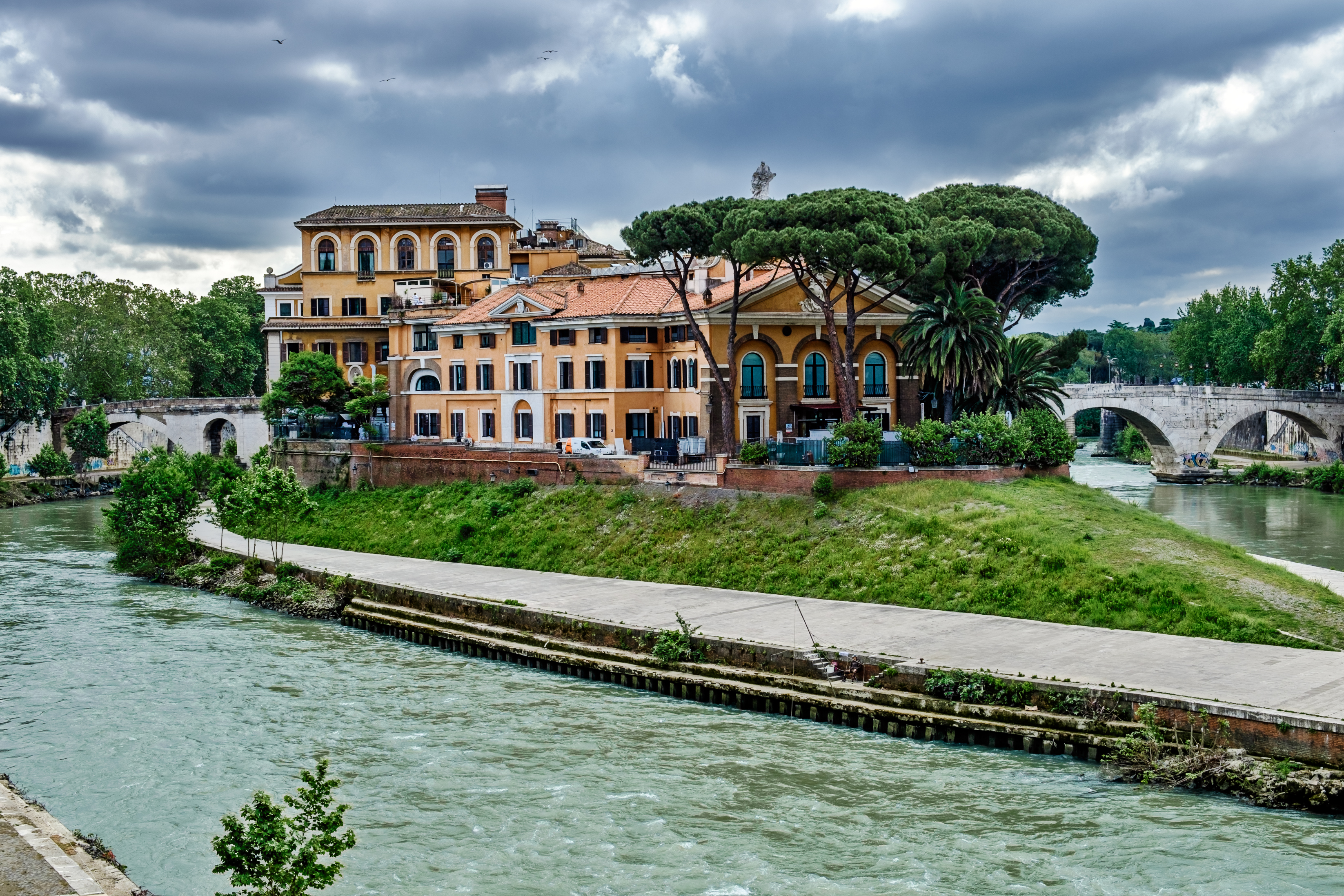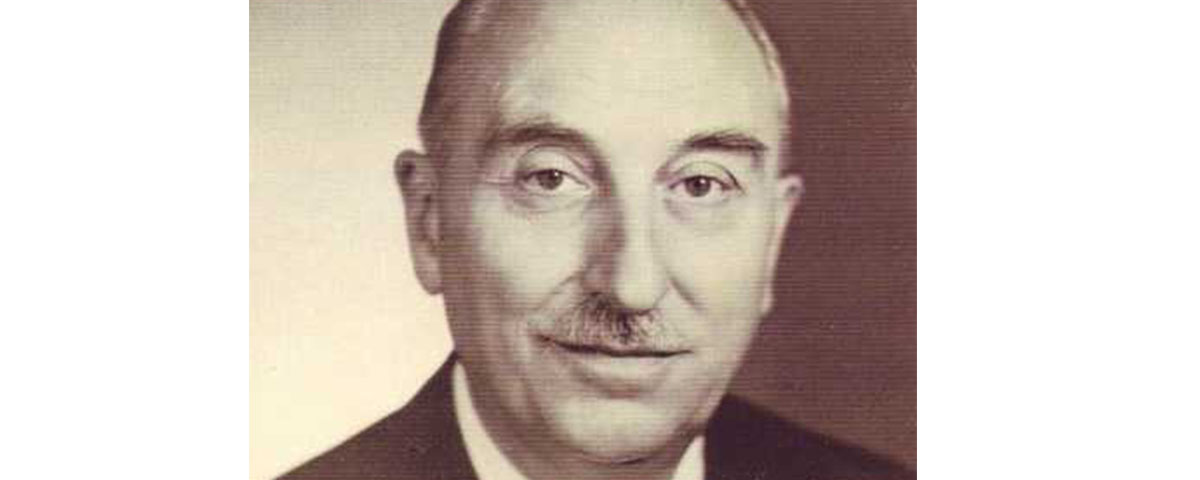It was a cough that did it. A fake cough that managed to save the lives of at least 20 Italian Jews.
After the German occupation of Rome in September of 1943, Roman Jews faced deathly persecution — 8,564 Italian Jews were deported to concentration camps during the nearly two-year Nazi occupation.
From the window of the Fatebenefratelli Hospital, tucked along the Tiber River, Dr. Vittorio Sacerdoti and Professor Giovanni Borromeo looked on as scenes of horror unfolded below their balcony.
During an October 16 raid, a handful of Jews fled to the 450-year-old Catholic hospital seeking refuge, according to the Jewish Virtual Library.
Vowing to save as many Roman lives as possible, the two, in coordination with Dr. Adriano Ossicini, concocted a disease that did not exist in any medical textbook or physician’s chart — Syndrome K.
In a 2016 interview with Italian newspaper La Stampa, Ossicini recalled that “Syndrome K was put on patient papers to indicate that the sick person wasn’t sick at all, but Jewish. We created those papers for Jewish people as if they were ordinary patients, and in that moment when we had to say what disease they suffered? It was Syndrome K, meaning ‘I am admitting a Jew.’”

Taken to a separate wing in the hospital, patients labeled with the “highly contagious” Syndrome K were easily identifiable to Italian doctors and hospital staff as Jewish refugees.
When Nazis came to visit the hospital, Syndrome K patients were told to cough and hack loudly so as to scare off the soldiers. The Germans, terrified of the unknown disease, steered clear.
“We called it K after the German commander Kesselring [the Nazi commander in charge of the occupation of Italy] — the Nazis thought it was cancer or tuberculosis, and they fled like rabbits,” Dr. Sacerdoti told the BBC in 2004.
While accounts differ as to how many Italian Jews were saved by the ruse, survivor testimonies gathered by Yad Vashem, Israel’s Holocaust memorial center, confirm that the hospital continued to shelter several families and children through the winter of 1943.
In 2004, Yad Vashem recognized Borromeo as Righteous Among the Nations, an honor bestowed to non-Jews who risked their lives to save Jewish lives during the Holocaust.
“The lesson of my experience was that we have to act not for the sake of self-interest, but for principles,” Ossicini told La Stampa. “Anything else is a shame.”





